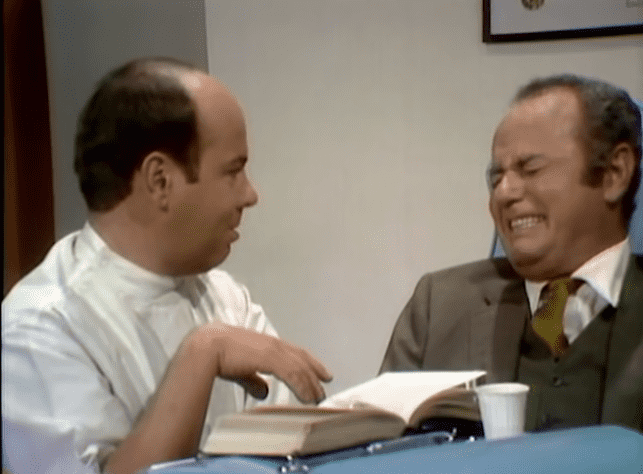While the Kennedy Center Honors will not be broadcast until December 23, the medals were presented to the 2025 honorees a few weeks beforehand.
Meeting in the Oval Office of the White House on Saturday, December 6, President Donald Trump, who is chairman of the Kennedy Center Board of Trustees, presented the medals to the honorees, describing them as “truly exceptional.”
Expressing that he was pleased to invite the 2025 Kennedy Center Honorees to the Oval Office, Trump said, “This is a group of icons whose work and accomplishments have inspired, uplifted, and unified millions and millions of Americans.”
Further, he stated, “This is perhaps the most accomplished and renowned class of Kennedy Center Honorees ever assembled.”
The 48th class of honorees include:
- Country artist George Strait
- Stage actor Michael Crawford
- Film actor Sylvester Stallone
- Disco singer Gloria Gaynor
- Rock band KISS
Of the honorees, Trump said:
“We can hardly imagine the country music phenomena without its ‘King of Country,’ or the American disco without its ‘First Lady,’ or Broadway without its ‘Phantom,’ or Rock ‘n’ Roll without its hottest band in the world, or Hollywood without one of its greatest visionaries.”
Trump added, “Each of you has made an indelible mark on American life, and, together, you have defined entire genres and set new standards for the performing arts.”
On behalf of the American people, Trump then thanked all of the honorees.
Trump Presents George Strait With His Kennedy Center Medal
“We have country music legend George Strait,” said Trump, following a brief teleprompter malfunction.
Strait, who is known as the “King of Country,” wore his signature cowboy hat, but with a formal suit and a bowtie.
Stepping toward the president, he motioned to take off his hat, but Trump stopped him as he began to place the medal on him, saying, “If you want leave that on, you can. I think we can get it through.”
Instead, Strait went ahead and removed his hat, compelling Trump to remark, “Oh, he’s got good hair.”
Strait replied, “A little bit. I’ve still got a little bit.”
Trump, who has a famous head of hair himself, added, “I’m surprised. Sometimes they take it off and there’s not a lot.”
With a smile, Strait said, “There’s not a lot.”
Trump then placed the medal on him, and the two shook hands.
From there, the other honorees were given their medallions as well.
Watch Trump present the Kennedy Center Honorees with their medals, here:
About The Kennedy Center Honors
“As you know, the [Kennedy Center] building is renovated, fully renovated,” Trump said after presenting the medallions to the 2025 honorees on December 6. “It’s being, I would say, fixed at a level nobody’s every seen before. We’re going to make it something really special.”
Stating that the building is “tired” and “has been mistreated,” Trump compared it to the White House, adding, “We’re bringing it back to a level that I don’t think any place in the country will see.”
He said there’s new marble and improved acoustics, with Trump stating, “When you have great sound, you take advantage of it, and the Kennedy Center has great sound.”
Back on February 12, Trump was unanimously elected chair of the Kennedy Center Board of Trustees after he dismissed Biden’s appointees and had several officials terminated.
Among those he appointed to the board are U.S. Attorney General Pam Bondi and Second Lady Usha Vance, as well as Lee Greenwood and Fox News host Laura Ingraham.
HHS Secretary Robert F. Kennedy Jr., the nephew of the Kennedy Center’s namesake, serves as an ex officio member, as designated by Congress.
Additionally, First Lady Melania Trump is an honorary chair of the board, as is customary for First Ladies.
During a March 17 meeting with the board, Trump outlined how he sees the Kennedy Center as part of a larger restoration of Washington, D.C., saying, “It’s a very big part of the fabric of Washington, D.C., and we’re going to make our capital great again, just like we’re going to make our country great again.”
On that same day, he told CBS Sunday Morning, as broadcast on March 30, that changes to the Kennedy Center will not just be in programming, but in the facility itself.
“We’ll make a lot of changes, including the seats, the decor, pretty much everything,” Trump said. “It needs a lot of work.”
However, it is questions of programming and artistic freedom at the arts center that continue to concern critics of the president.
Looking ahead to the 48th Kennedy Center Honors, Trump told the board in audio acquired by CBS that the next honorees should be “slightly more conservative.”




















